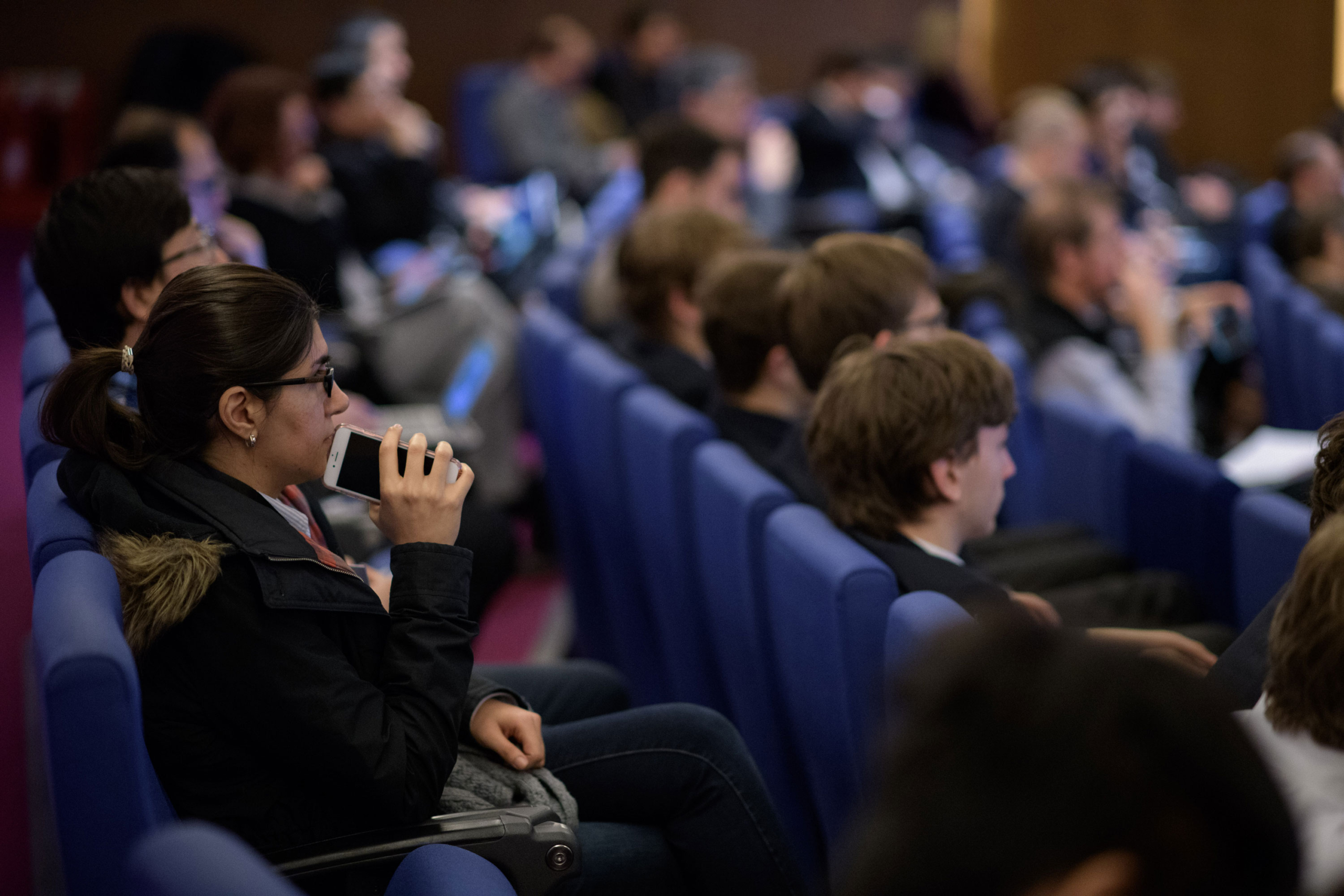Manufacturing 2075
27/11/2019

Switching to sustainable alternatives is an imperative – but needs to be done in a clear-headed way, informed by a full knowledge of implications. This is nowhere more important than in manufacturing, the global machinery for transmuting natural resources into what’s useful, what’s needed.
Our work at the Natural History Museum on the transition to electric vehicles has illustrated the bare bones of the kinds of problems the world faces.
Meeting the new UK electric car targets for 2050, we’d need to use almost double the world’s entire annual cobalt production; nearly all the world’s production of neodymium; three quarters of lithium, and at least half of the copper. Then there’s the electricity involved to provide the charge for each of the 252.5 billion miles driven by UK cars every year, meaning a 20% increase in UK-generated electricity.
This is why Manufacturing 2075 (4 December 2019) is focused on the practical, operational issues around sustainable manufacturing. We’ve gone past the point of good principles and intentions, we need to have a stronger grasp of the balance of issues, and to start implementing what works.
Most important for the sector will be future ways of working with the providers of commodities. There needs to be more collaboration and connection over the forms of commodities, what’s needed as technologies develop. Traditionally, for example, a material like zinc would be taken out of the ground and sent straight to a blast furnace to be turned into a metal. But maybe what a new product under development might need is zinc as a carbonate or a sulphate. There’s a disconnect in the market.
The problems we face now – and for the future – are often not around running out of a raw material, but that the particular commodity is not available in the forms actually needed. So there is a squeeze in the market, short-term shortages and price hikes. What’s needed is more of a Just-in-Time process involving raw materials to prevent sudden squeezes on supply, and that will mean manufacturers looking to improve the diversity of forms of material and their supplies. With a resource like cobalt, political instability in Central Africa would lead to an instant cut in around 70% of supply.
Every part of the chain, from design to the mining and metals industries, need to be talking to each other to make the cycle genuinely sustainable. And ultimately that means manufacturers looking at the end-of-life stage of products, re-shaping their relationships with suppliers to be part of the circular economy, reducing the reliance on what can be dug from the ground, and what can be re-used and re-purposed, not lost into the waste stream.
Professor Richard Herrington, Head of Earth Sciences, Natural History Museum, www.nhm.ac.uk
Industry and thinkers come together for Manufacturing 2075 at Cranfield University on 4 December 2019 – a full list of speakers is here: www.cranfield.ac.uk/events/manufacturing-2075-landing
Categories & Tags:
Leave a comment on this post:
You might also like…
Keren Tuv: My Cranfield experience studying Renewable Energy
Hello, my name is Keren, I am from London, UK, and I am studying Renewable Energy MSc. My journey to discovering Cranfield University began when I first decided to return to academia to pursue ...
3D Metal Manufacturing in space: A look into the future
David Rico Sierra, Research Fellow in Additive Manufacturing, was recently involved in an exciting project to manufacture parts using 3D printers in space. Here he reflects on his time working with Airbus in Toulouse… ...
A Legacy of Courage: From India to Britain, Three Generations Find Their Home
My story begins with my grandfather, who plucked up the courage to travel aboard at the age of 22 and start a new life in the UK. I don’t think he would have thought that ...
Cranfield to JLR: mastering mechatronics for a dream career
My name is Jerin Tom, and in 2023 I graduated from Cranfield with an MSc in Automotive Mechatronics. Originally from India, I've always been fascinated by the world of automobiles. Why Cranfield and the ...
Bringing the vision of advanced air mobility closer to reality
Experts at Cranfield University led by Professor Antonios Tsourdos, Head of the Autonomous and Cyber-Physical Systems Centre, are part of the Air Mobility Ecosystem Consortium (AMEC), which aims to demonstrate the commercial and operational ...
Using grey literature in your research: A short guide
As you research and write your thesis, you might come across, or be looking for, ‘grey literature’. This is quite simply material that is either unpublished, or published but not in a commercial form. Types ...






